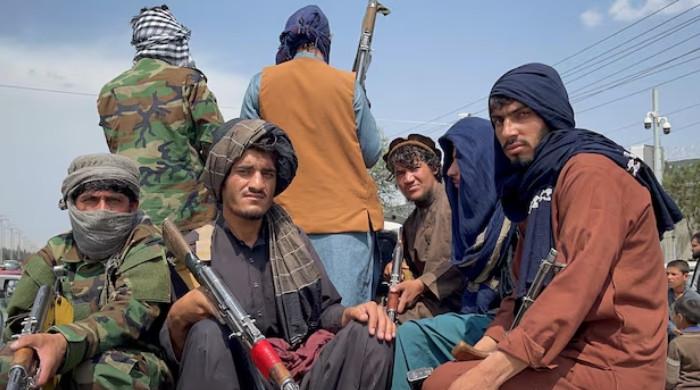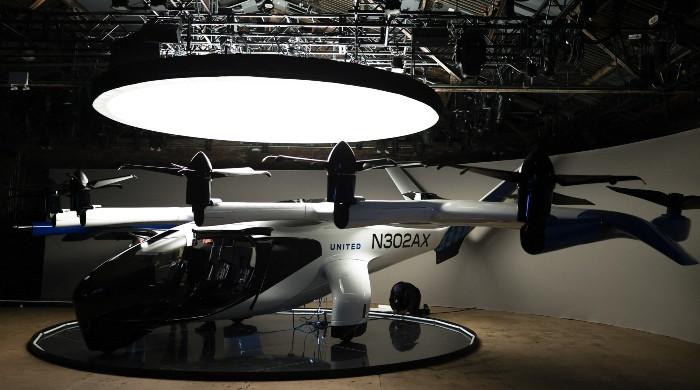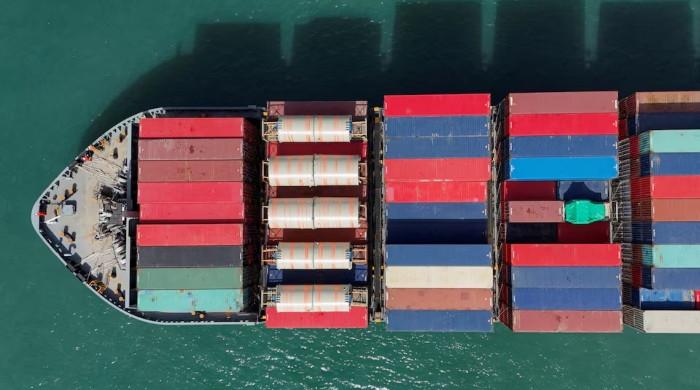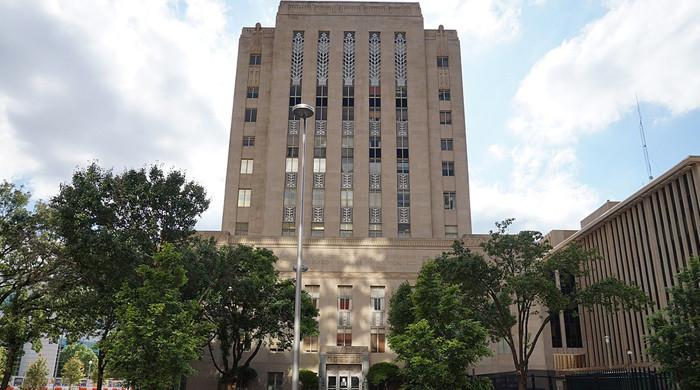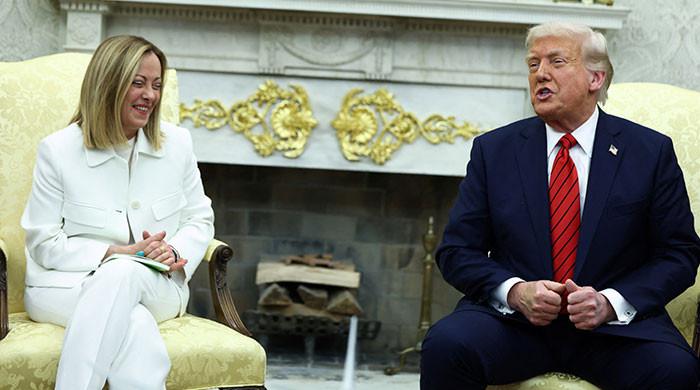North Korea's GPS jamming attacks affect ships, aircraft in South
"North Korea conducted GPS jamming provocations in Haeju and Kaesong yesterday and today," says official
November 09, 2024
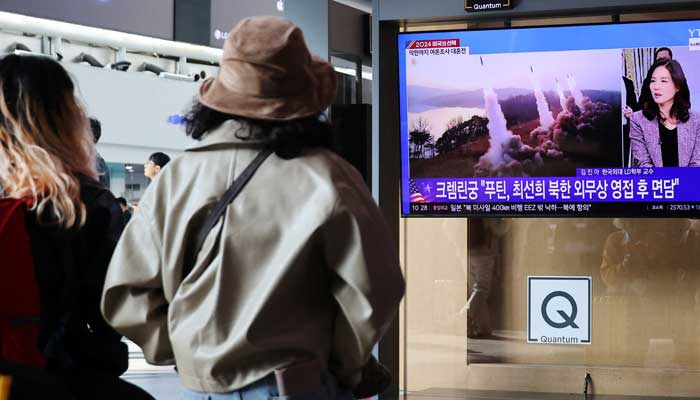
- Allegations come week after North test-fired ICBM missile.
- Dozens of aircraft experiencing "some operational disruptions".
- Tensions on peninsula have been at their highest pitch in years.
SEOUL: North Korea staged GPS jamming attacks on Friday and Saturday, Seoul's military said, an operation that was affecting several ships and dozens of civilian aircraft in South Korea.
The jamming allegations come about a week after the North test-fired what it said was its most advanced and powerful solid-fuel ICBM missile, its first such launch since being accused of sending soldiers to help Russia fight Ukraine.
The South fired its own ballistic missile into the sea on Friday in a show of force aimed at showing its resolve to respond to "any North Korean provocations".
"North Korea conducted GPS jamming provocations in Haeju and Kaesong yesterday and today (November 8-9)," Seoul's joint chiefs of staff said in a statement Saturday, adding several vessels and dozens of civilian aircraft were experiencing "some operational disruptions" as a result.
The military warned ships and aircraft operating in the Yellow Sea to beware of such attacks.
"We strongly urge North Korea to immediately cease its GPS provocations and warn that it will be held responsible for any subsequent issues arising from this," they said in the statement.
Tensions on the peninsula have been at their highest pitch in years, with the North launching a flurry of ballistic missiles in violation of UN sanctions.
It also has been bombarding the South with trash-carrying balloons since May, in what it says is retaliation for anti-Pyongyang propaganda missives sent North by activists.
North Korea has become one of the most vocal and important backers of Russia's offensive in Ukraine.
Seoul and the West have long accused Pyongyang of supplying artillery shells and missiles to Moscow for use in Ukraine.
The latest accusations, based on intelligence reports, indicate the North has deployed around 10,000 troops to Russia, suggesting even deeper involvement in the conflict and triggering outcry in Seoul, Kyiv and Western capitals.
South Korea, a major arms exporter, has a long-standing policy of not providing weapons to countries in conflict.
But President Yoon Suk Yeol said this week that Seoul is now not ruling out the possibility of providing weapons directly to Ukraine, given Pyongyang's military support of Moscow.
On Friday, Seoul's presidential office said cyber attacks by pro-Russian hacking groups against South Korea have increased following North Korea's troop dispatch for Russia's war in Ukraine.





